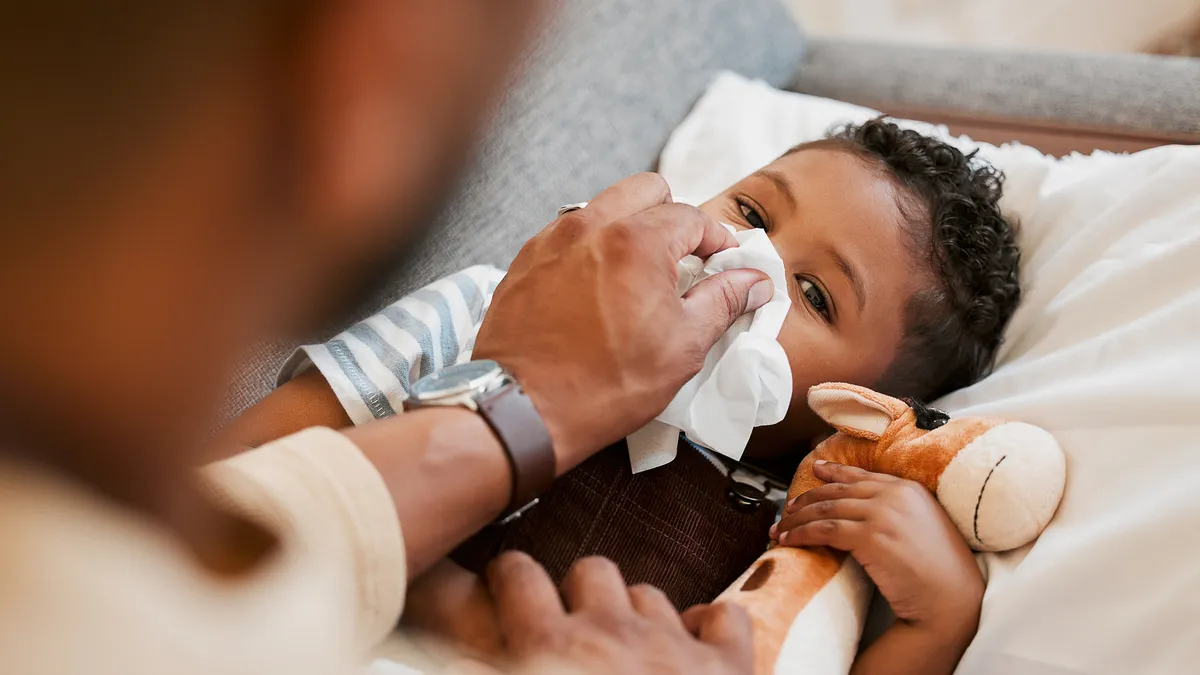Working parents have it rough. A deep dive into thoroughly researched reports and water cooler anecdotes alike show that the dearth of resources, bare-bones leave packages, rare child care stipends, pervasive stigma around caregiving and general lack of sympathy make the dual responsibility of work and parenting brutal.
After attending the National Maternal and Infant Health Summit in Washington, D.C., last month, what became apparent is that accommodations working parents have are nuanced — tricky, even.
The Pregnant Workers Fairness Act has anti-discrimination language that may be familiar to labor lawyers and HR professionals; so does the Providing Urgent Maternal Protections for Nursing Mothers or “PUMP” Act. But everything else is up to states, districts and territories. One of the speakers from the U.S. Department of Labor at a Washington, D.C.-specific convention mentioned paid sick days.
This made me wonder: Can any worker in the U.S. use their sick days to take care of their children home from school with a sniffly nose, RSV, COVID-19, or any other infection or virus?
Spoiler alert: It depends.
Q: Can workers use their sick days to take care of their children?
A: For one, there is no federal law that requires an employer to provide paid sick leave, said Ashley Brightwell, a partner in Alston and Bird’s labor and employment group.
“To the extent such leave is voluntarily provided, employers are generally permitted to establish the parameters around what that leave can and cannot be used for,” she told HR Dive via email.
“An employer could, for example, limit the use of paid sick leave only for the employee’s own illness, and require vacation or PTO to be used to care for a sick child.”
However, Brightwell acknowledged that some states provide paid sick leave. States with mandatory paid sick leave laws include: Arizona, California, Colorado, Connecticut, Maryland, Massachusetts, Michigan, Nevada, New Jersey, New Mexico, New York, Oregon, Rhode Island, Vermont and Washington. Washington, D.C., also has mandatory paid sick leave laws.
“Those laws are typically fairly detailed in terms of what sick leave can be used for, and often do permit leave to be used to care for a sick relative — including a child,” Brightwell said.
Parental accommodations are the Wild West, so best practices remain: Be unafraid to ask leadership questions and seek clarity on the laws on the books.












